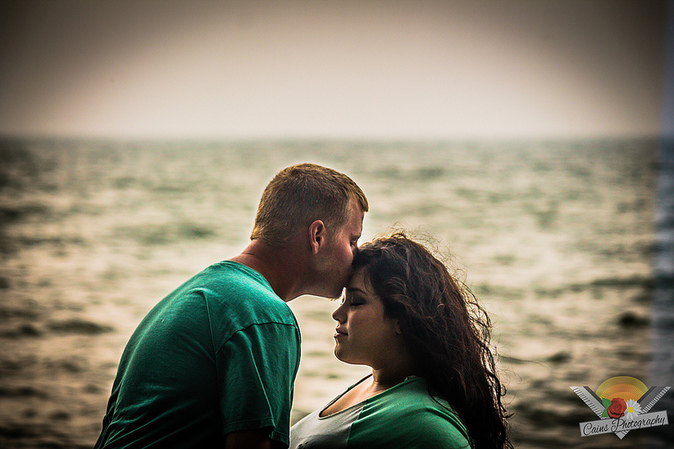
At the very beginning of love, there is infatuation and obsession. We tend to think that this is strictly the result of sexual desire. But right from the beginning, there is also emotional yearning.
Indeed, passion is best defined as a combination of sexual connection and attachment longing.
A budding relationship is fraught with tension and anxiety.
We whisper to ourselves, "Does this person want me? Am I going to be rejected?"
The longing and apprehension push us to take risks, to reach out and move closer. Our anxiety is soothed as we get positive responses from this person, and gradually he or she becomes "irreplaceable." The process of feeling anxious and vulnerable and finding that another can and will respond is the basic building block of love.
In movies, protagonists often dislike each other at first sight, but once they slay a few dragons together and discover solace and protection in each other, they realize that they are in love. Psychologist Lane Beckes of the University of Virginia, Charlottesville, has found that, indeed, any kind of threat automatically turns on the attachment system, calling up our need for comfort an making others who are potential sources of this comfort more attractive.
Beckes assessed 48 students on their level of attachment security and then asked them to view on a computer screen brief clips of four smiling faces of men and women that were paired with subliminally flashed pictures of either neutral objects, say, a rolling pin, or disturbing images, such as a striking snake. Then students were instructed to press a key of the letters that flashed on the screen made up a word.
Researchers found that the students were much more likely to recognize attachment associated words, such as nurture, comfort, and trust just after they saw the snake image.
In addition, those who were assessed as insecure attachment style were better at identifying such words as rejection and vulnerable. Students also rated the pictures of faces as more attractive, warm, and likeable after the scary images.
Anxiety and threat automatically call up the need for comfort and prime us to find security in another.
If someone is there at a vulnerable moment, we begin to bond and every risk we face together thereafter strengthens the sense of connection.
From the Book, Love Sense by Dr. Sue Johnson
 RSS Feed
RSS Feed
